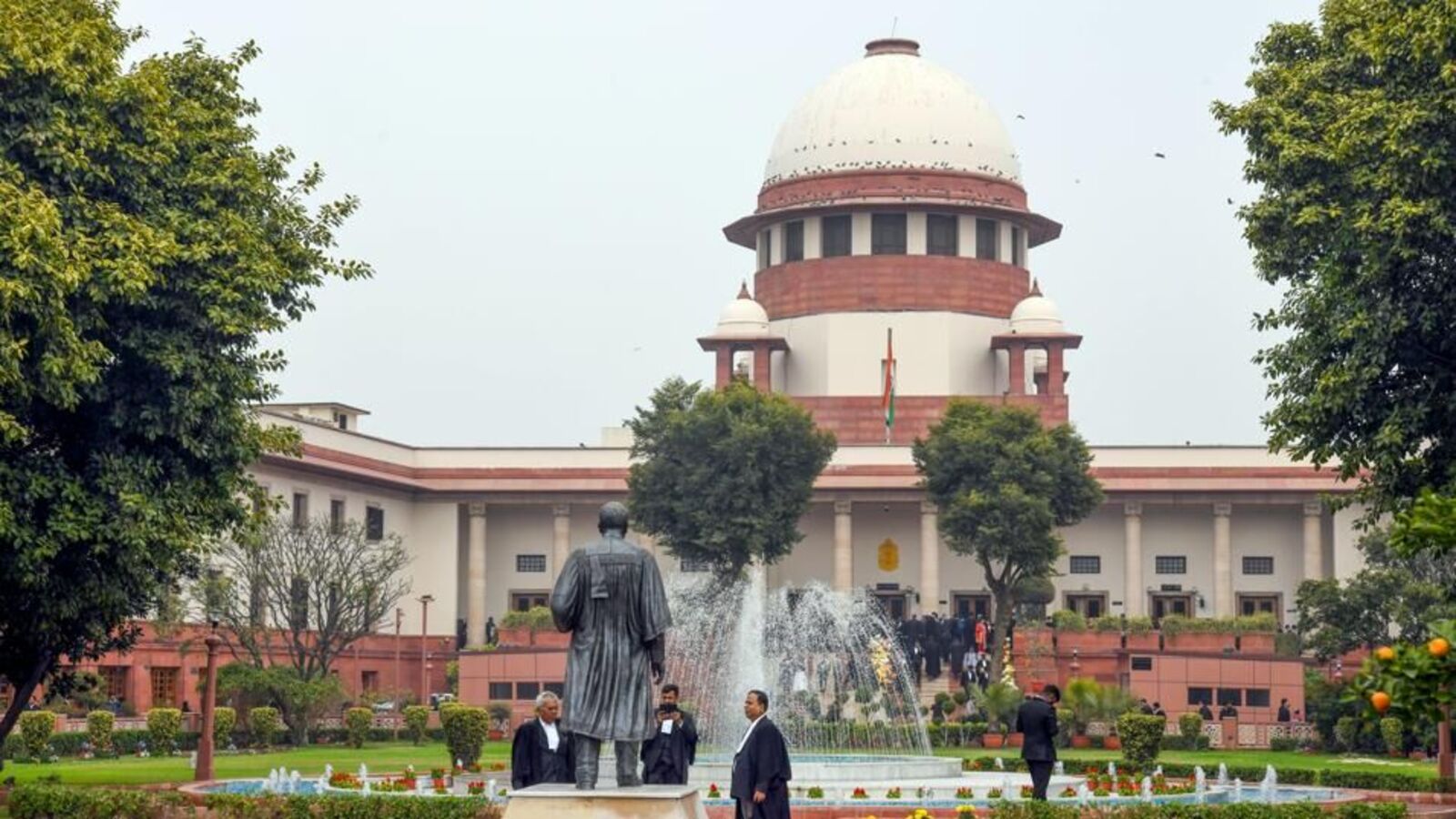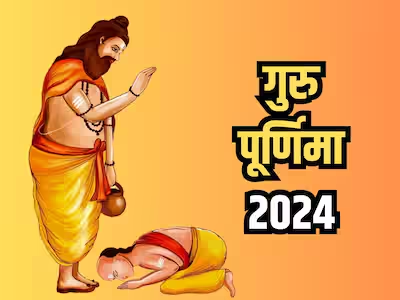[ad_1]
The Supreme Court on 15 February pronounced its verdict on a batch of petitions challenging the validity of the Electoral Bond scheme, which allows for anonymous funding to political parties. A five-judge Constitution bench headed by Chief Justice D Y Chandrachud had on November 2 last year reserved its verdict in the matter. The Supreme court has striked down the electoral bonds scheme by terming it unconstitutional.
Key Highlights of the Judgment
1. SC says Electoral bond scheme is violative of freedom of speech and expression under Article 19(1)(a) of Constitution.
2.
held that anonymous electoral bonds are violative of right to information and Article 19(1)(a). SC holds that anonymous electoral bonds are violative of right to information, freedom of speech under Constitution.
The judges Chief Justice of India DY Chandrachud, Justices Sanjiv Khanna, BR Gavai, JB Pardiwala and Manoj Misra pronounced the judgment on the validity of the electoral bonds.
An Electoral Bond is an instrument in the nature of a promissory note or bearer bond which can be purchased by any individual, company, firm or association of persons provided the person or body is a citizen of India or incorporated or established in India. The bonds are issued specifically for the purpose of contribution of funds to political parties.
Only the political parties registered under Section 29A of the Representation of the People Act, 1951 and which secured not less than 1 per cent of the votes polled in the last elections to the Lok Sabha or a state legislative assembly are eligible to receive electoral bonds.
The Centre in an affidavit had said that the methodology of the Electoral Bonds scheme are “completely transparent” mode of political funding and it is impossible to get black money or unaccounted money.
Various petitions are pending before the top court challenging amendments made to different statutes through Finance Act 2017 and Finance Act 2016 on the ground that they have opened doors to unlimited, unchecked funding of political parties. NGOs Association of Democratic Reforms and Common Cause had said that the Finance Bill, 2017, which paved the way for the introduction of the Electoral Bond scheme, was passed as a money bill even though it wasn’t.
Unlock a world of Benefits! From insightful newsletters to real-time stock tracking, breaking news and a personalized newsfeed – it’s all here, just a click away! Login Now!
Published: 15 Feb 2024, 11:09 AM IST
[ad_2]







Leave a Reply